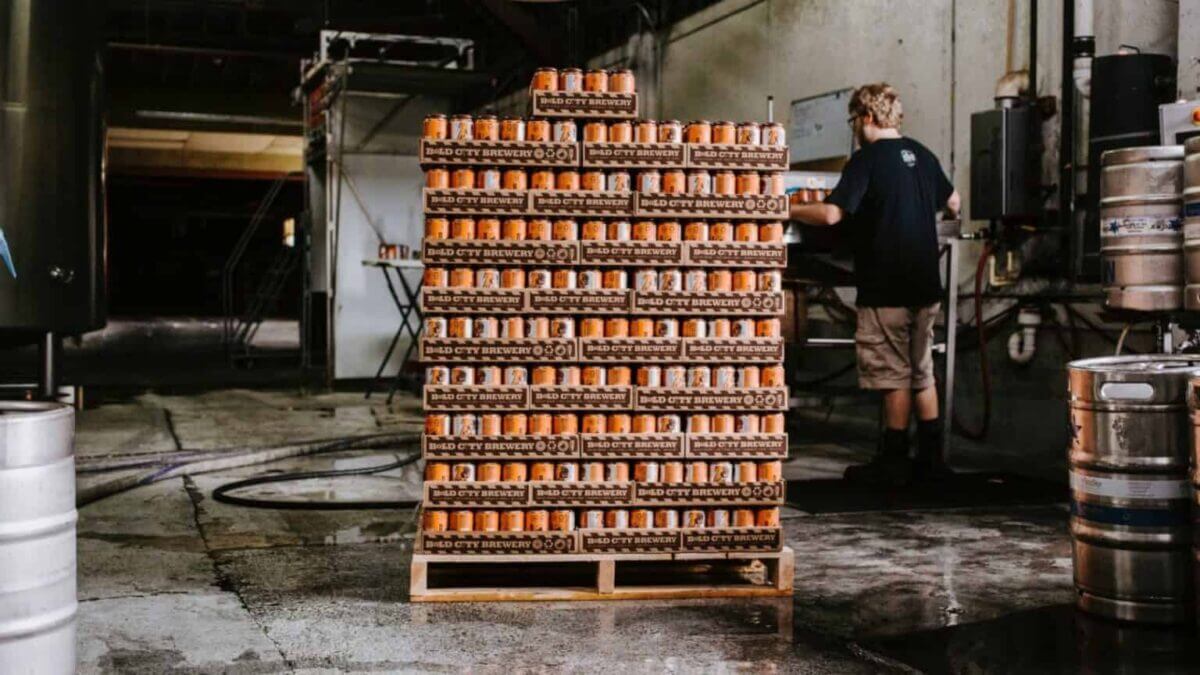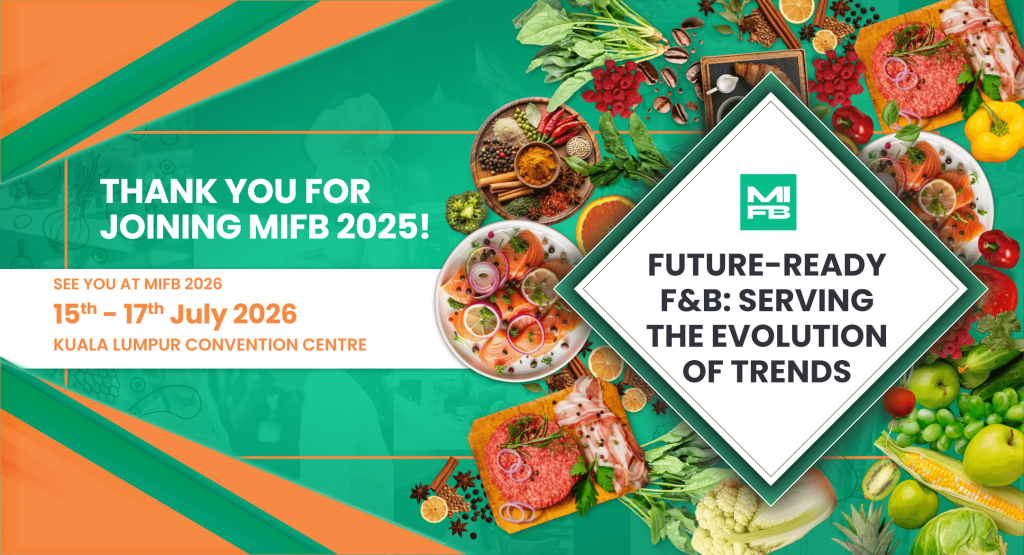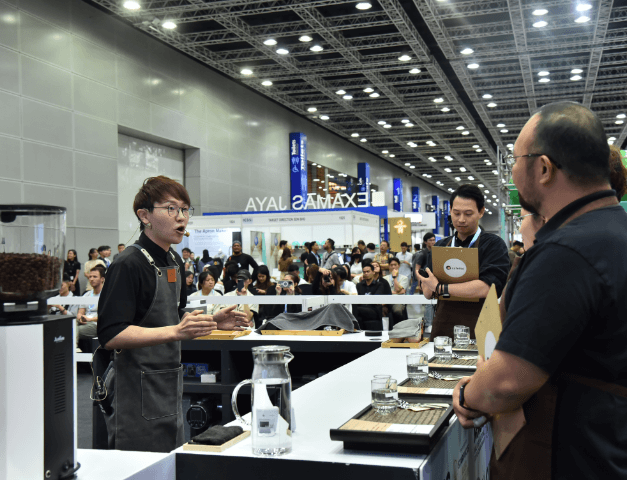Automating food processes can reap many benefits. With highly competitive retailers constantly trying to reduce prices, to soaring raw material costs and rising utility charges in a labour-intensive industry, food processing companies should be looking at ways to automate their processes.
For these companies, reducing the quality of their product to save costs is not an option. So, just like other manufacturers in the processing sector, those in the food industry are finding ways to automate their production to improve efficacy. There has also been a shift from wanting canned foods (which is now considered unhealthy) to shelf-stable products and this has caused companies to look for new ways to manufacture food. All while maintaining quality, speed, and safety. Large companies have already adopted automation in their factories but small and medium enterprises are also feeling the pressure to do the same as demand for their products spike.
As a company grows and the need for production capacity increases, there will be a shift away from batch production processes towards a continuous flow of prepared ingredients. To keep their customers coming back for more, it is essential to maintain the same taste and texture as the batch production method for the same product. A new continuous flow together with a redesign of the process area can result in reducing labour costs but the majority of the investment is usually aimed at gaining further capacity from similar proven technology. When it comes to producing in high volumes, with long life or a single product, hard or fixed automation solutions are more appropriate.
However, the automation of food products must still meet the strict hygiene standards required in handling foods. What we want is a germ-free environment to ensure the safety of foods manufactured or packaged. Machine sanitation requires parts that are easily dismantled and accessible for washing and cleaning. Reassembly must also be quick and simple as the cleaning process might continue into the next shift or when the same machine must be used to create another product, such as those containing allergens like nuts.
Food manufacturers should note that correct and swift disassembly and reassembly of a machine’s components can prove difficult in a high staff turnover environment. Constantly having to train new staff will also eat into your profit margin and production time. When considering automation, the software chosen should be easy to learn, use, and master to make adoption as smooth as possible.
Thanks to wear and tear, existing equipment will need to be upgraded or new ones need to be purchased in order to meet consumer demands. This can also lead to staff needing to be retrained every time new equipment is brought in. Machines should also be made using high-grade stainless steel and free from microbiological traps or water stagnation. Sub-components such as motors and gearboxes which often have cooling fins or strengthening ribs on them are ideal breeding grounds for bacteria. If there are nooks and crannies where germs can breed or water gather, they should be easily accessible to be cleaned.
Even today, many food manufacturers tend to overlook these criteria and only discover these problems once the machines have been in use for some time. Not only should hygiene be given importance when choosing your machines but also their maintenance. Food-grade oils and greases for gearboxes and lubrication systems must be selected to ensure your machines are operating efficiently.
As in any industry, getting back into production is of utmost importance and looking to the future, food manufacturing procedures will likely remain much the same. However, the bias against automation has now largely disappeared and automation is now a necessity in the food industry to address the required levels of quality control, production speed, labor shortages and overall profitability.
To learn about the different ways you can automate your manufacturing processes, visit the Malaysian International Food & Beverage (MIFB) 2019 Trade Fair from 26-28 June 2019.



